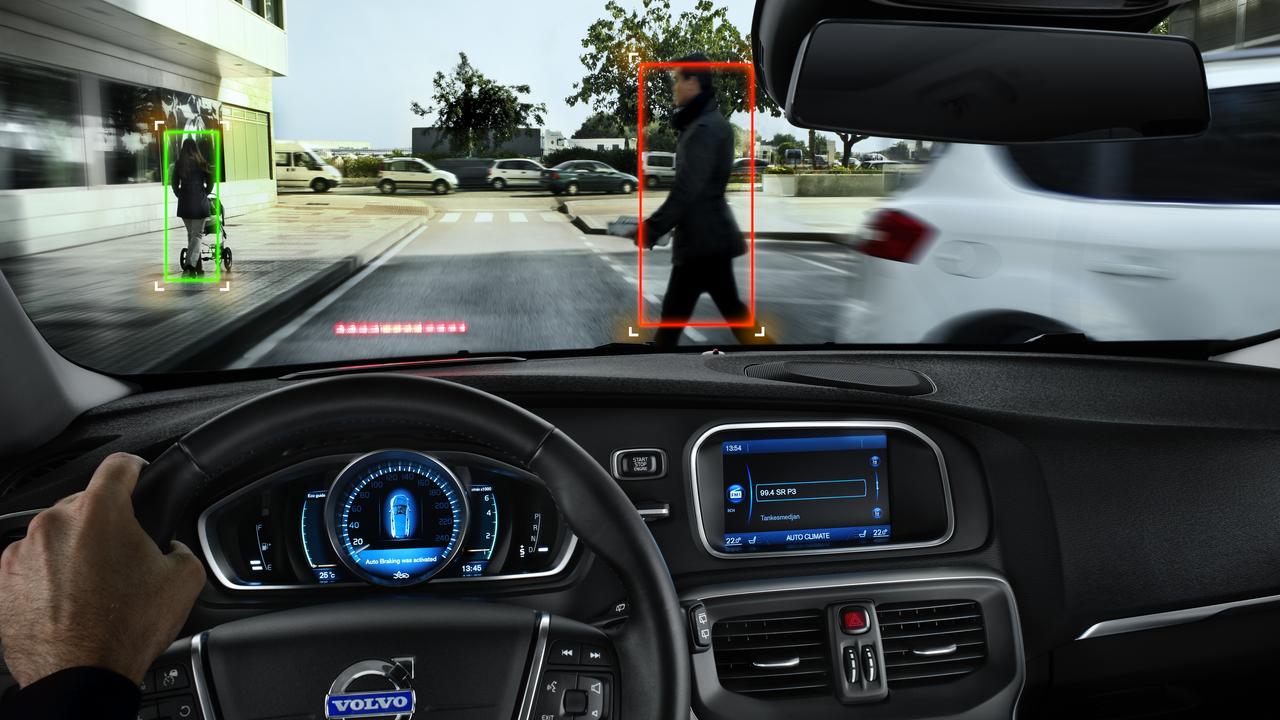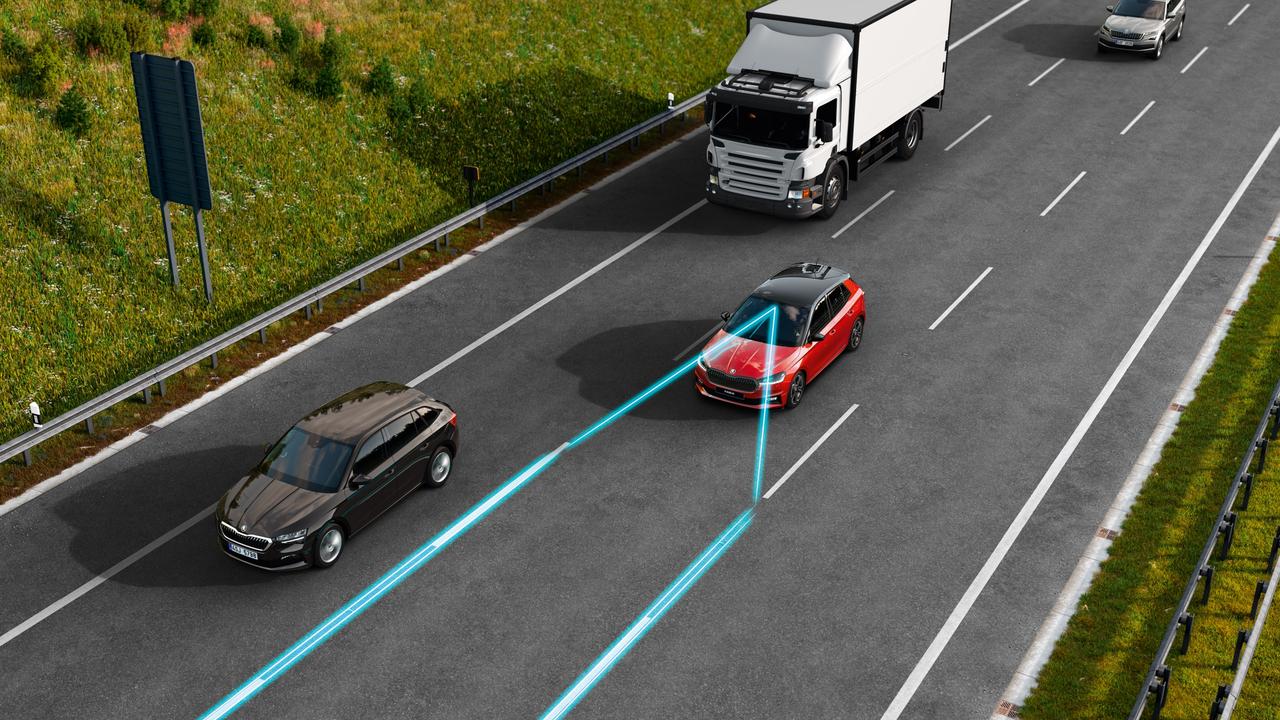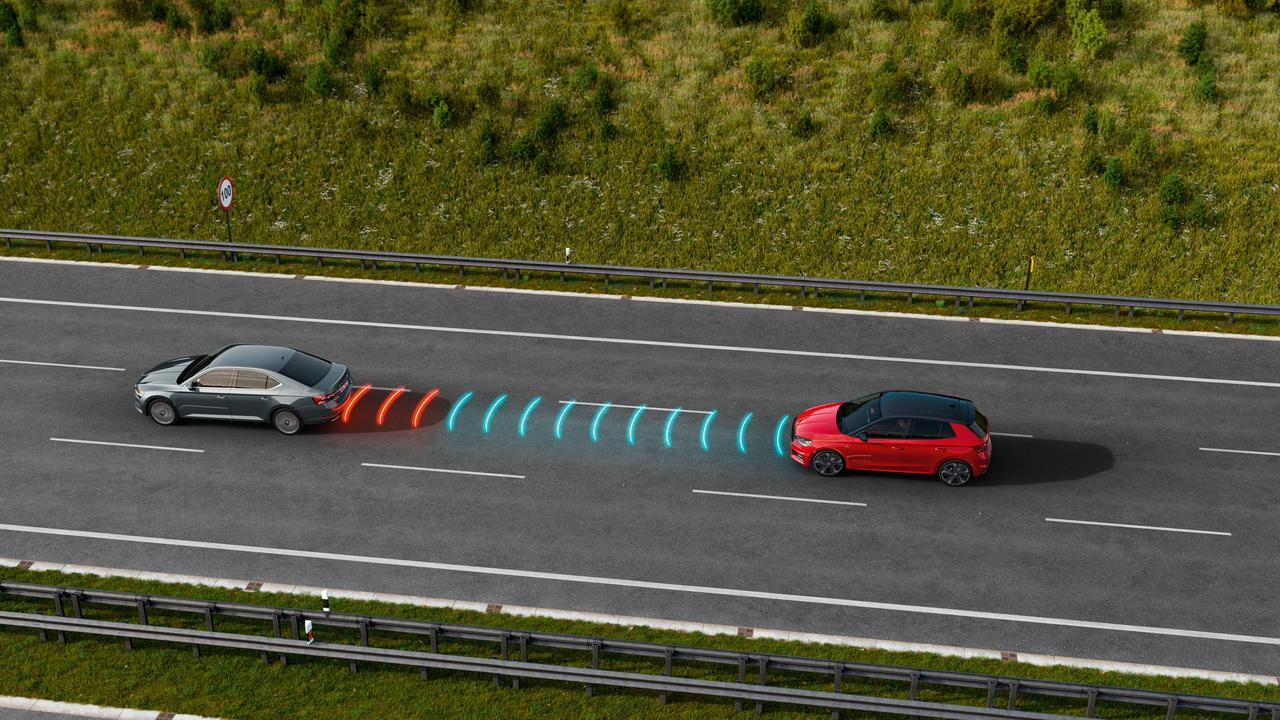Annoying car technology to be tested in the real world
One of the world’s leading experts on crash avoidance says cutting-edge features designed to keep drivers safe on the road are not having the desired effect.
Technology designed to keep drivers safe is failing drivers by being too annoying, according to a prominent safety expert.
Michiel van Ratingen, secretary-general of Euro NCAP, says car makers are doing a poor job of making sure warning and assistance systems work properly in the real world.

Car makers hoping to earn a coveted five-star safety rating must equip vehicles with modern technology intended to keep drivers safe.
The features include lane-keeping assistance that can steer wayward cars toward the centre of the lane, speed-sign recognition features that can sound an alarm if you exceed the posted limit and driver attention monitoring that warns if the driver is distracted.

Manufacturers score points for including those features.
But the results can be overbearing, combining flashing lights, ringing alarms and haptic vibrations in a cocktail of distraction.
Having pushed manufacturers to include such safety features, van Ratingen says safety authorities made a mistake by assuming manufacturers would implement them in a refined way.
“When we started to develop these tests our understanding was that vehicle manufacturers would not bring these systems in that would be upsetting their customers, right?” he said.

“So we focused basically on evaluating whether in critical scenarios where these systems should actually intervene, whether they would actually do a good job … that’s the basis from which we give five stars now.
“As it turned out, many vehicle manufacturers have basically used it as a blueprint for the system, which was never the intention for us.
“They basically said ‘okay, if I meet the test that’s fine’ … what we actually see happening is that they are not properly evaluated in the real world.
“We actually assumed that they would actually have the ethical courage to implement a good system. And if they could not deliver that, they wouldn’t go for it.”
Visiting Australia to extend an agreement between Australia’s ANCAP and its European Equivalent, van Ratingen says the safety bodies will start evaluating driver aids in real world conditions.
A survey by Canadian insurance company Allstate found in 2021 that 56 per cent of drivers admitted to disabling safety features on a regular basis.
Of those drivers, 63 per cent said it was because the features are annoying.

America’s JD Power research group found in 2019 that more than 60 per cent of owners sometimes disabled lane keeping assistance features, and that only 21 per cent “don’t consider the alerts annoying or bothersome”.
Van Ratingen says it is the responsibility of car manufacturers “to make sure that these systems are not annoying”.
“I think it’s now time for us to recognise that is part of the ecosystem, part of the equation,” he said.
“You can’t have a good system that only performs well on the track and not in the real world.”



